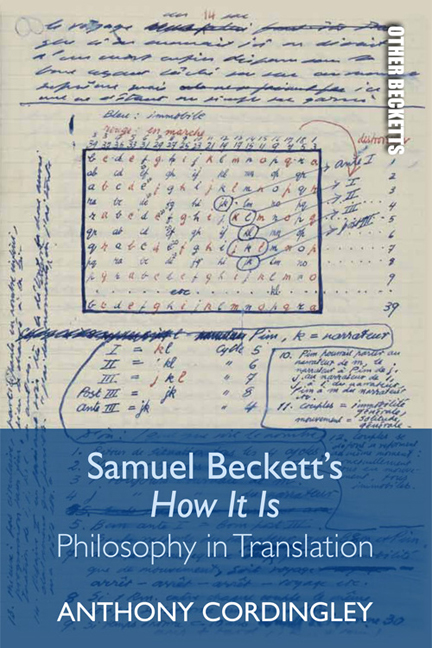Book contents
- Frontmatter
- Contents
- List of Illustrations
- Series Editor’s Preface
- List of Abbreviations
- Dedication
- Introduction
- 1 A Poetics of Translation: Dante, Goethe and the Paideia
- 2 Pythagorean Mysticism/Democritean Wisdom
- 3 The Physical Cosmos: Aristotelian Dialectics
- 4 From the Cradle to the Cave: A Comedy of Ethics from Plato to Christian Asceticism (via Rembrandt)
- 5 Mystic Paths, Inward Turns
- 6 Pasca l’s Miraculous Tongue
- 7 Spinoza, Leibniz or a World ‘Less Exquisitely Organized’
- Acknowledgements
- Bibliography
- Index
4 - From the Cradle to the Cave: A Comedy of Ethics from Plato to Christian Asceticism (via Rembrandt)
Published online by Cambridge University Press: 23 April 2021
- Frontmatter
- Contents
- List of Illustrations
- Series Editor’s Preface
- List of Abbreviations
- Dedication
- Introduction
- 1 A Poetics of Translation: Dante, Goethe and the Paideia
- 2 Pythagorean Mysticism/Democritean Wisdom
- 3 The Physical Cosmos: Aristotelian Dialectics
- 4 From the Cradle to the Cave: A Comedy of Ethics from Plato to Christian Asceticism (via Rembrandt)
- 5 Mystic Paths, Inward Turns
- 6 Pasca l’s Miraculous Tongue
- 7 Spinoza, Leibniz or a World ‘Less Exquisitely Organized’
- Acknowledgements
- Bibliography
- Index
Summary
No god indulges in philosophy[.] (Plato, Symposium 204a)
In the Phaedo Plato forewarns that after death ‘the tutelary genius of each person […] leads him to a place where the dead are gathered together; then they are judged and depart to the other world’ (107d). One is conducted through the afterlife by one's education, or paideia, and the immortal soul can escape a dire end only if it has learned how to become good and wise. Plato unifies the phronesis or philosophical thinking within what he terms in the Phaedo the ‘practice of death’ (81a), of learning how to die, and in the Theaetetus, as turning from the world ‘to become like God, so far as this is possible’ (176b). To experience this supreme Good involves treading the path to self-perfection. Formed in reason, one learns to appreciate the goodness in things. In the Laws, Plato terms ‘the goodness that first comes to children “education”’ (2.653b). Education must be given to children ‘in respect of pleasures and pains, so as to hate what ought to be hated […] and to love what ought to be loved’ (2.653b–c). The ‘goodness’ of education is not the accumulation of laws but rather giving to children the ability to ‘consent thereunto that they have been rightly trained in fitting practices’ (2.653b). The ‘goodness’ of the ‘fitting practice’, its reason (Logos), is its potential to train the mind to reflect upon the goodness in all things. For Plato, the attainment of the ‘Idea of the Good’ is not only the task of philosophy but the apprehension of divine unity as the goal of the truly philosophical life. Yet while the ‘Idea of the Good’ is a transcendent order the form of its Idea was conceived as akin to mathematical logic.
How It Is inverts this Platonic archetype into a gothic allegory, the quest of the ‘I’ through the underworld seeking to know if he is ‘sole elect’ (11). The idealised (pre-fragmented) pedagogical voice and a monotheistic deity are conflated, and a philosophical history of a teleologically structured universe shapes the journey.
- Type
- Chapter
- Information
- Samuel Beckett's How It IsPhilosophy in Translation, pp. 110 - 137Publisher: Edinburgh University PressPrint publication year: 2018



